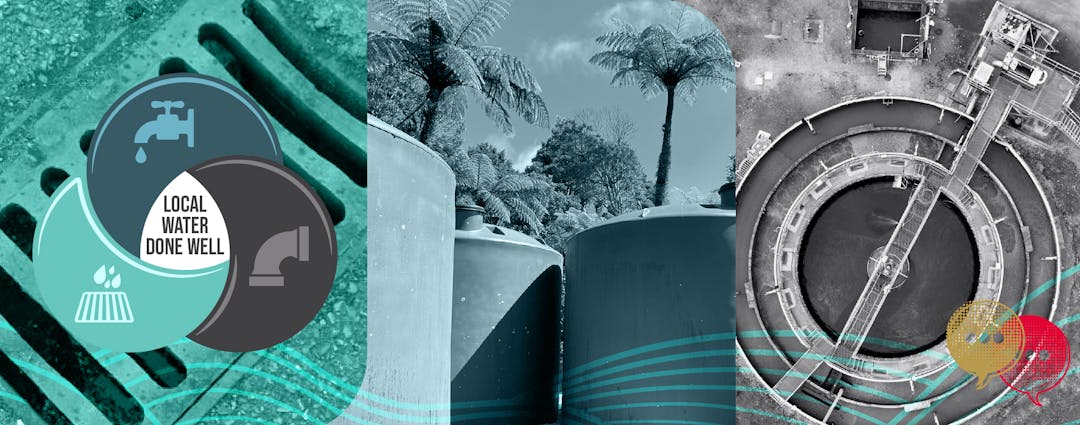Local Water Done Well
Consultation has concluded

Local Water Done Well is the government’s approach to reforming the way water services are delivered in New Zealand in the future. The aim is to address New Zealand’s long-standing water infrastructure challenges.
As per the Local Water Done Well legislation, we had to rethink our approach to delivering water services in the future and consult on it.
The two options we invited the community to give us feedback on were:
- Option 1 – A multi–council-controlled organisation
- Option 2 - An internal business unit
Option one outlines the arrangements for creating a multi-council-controlled organisation with the Westland District Council and Grey District Council. This was the preferred option as it offered the best outcomes for our community, as it spreads the costs over a larger population and will make providing drinking, waste, and stormwater services more cost-efficient for residents on the West Coast.
The second option described how a stand-alone business unit outside of Buller District Council could deliver water services to residents in the Buller District.
For each option, we considered the required infrastructure, scheduled investments, necessary upgrades, the organisational structure needed to deliver water services, the impact on existing staff, and the likely financial implications. We presented this information in a Consultation Document
Hearings and deliberations took place on Monday 30 June.
Buller District Council voted in favour of a joint Water Services Council Controlled Organisation (WSCCO) at an Extraordinary Council meeting on 30 June 2025, with Grey District Council following suit on 3 July 2025, and Westland reaching the same decision on 24 July.
Councils then begin working together on a joint Water Services Delivery Plan in accordance with the coalition government’s Local Water Done Well reform.
The joint Water Services Delivery Plan has been accepted by the Department of Internal Affairs and can be found here. All three councils are now working on the transition phase. The new arrangements are expected to start coming into effect from 1 July 2027.










